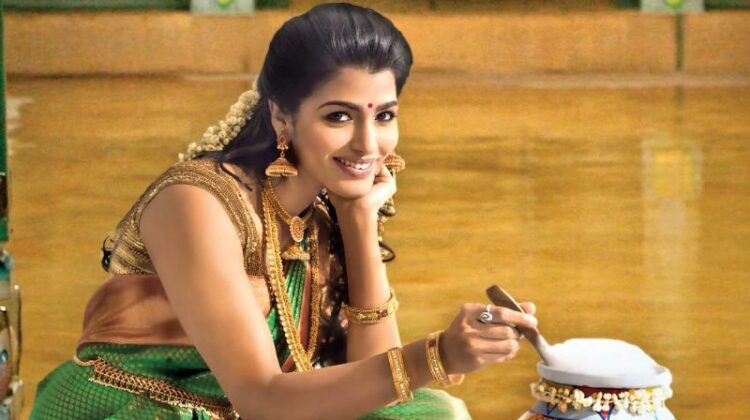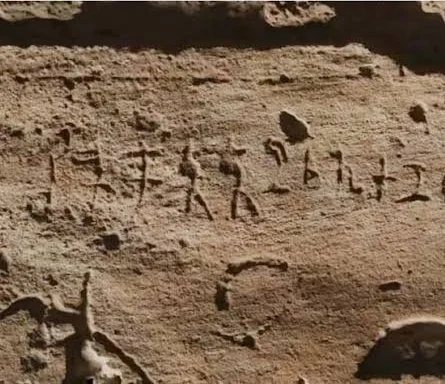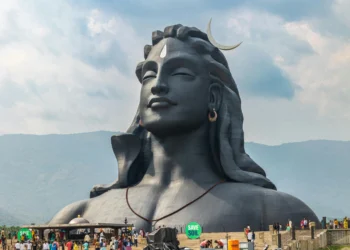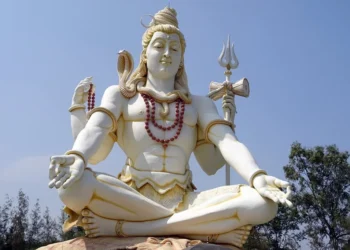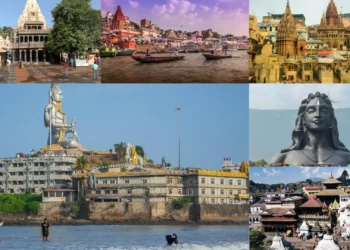‘தை பிறந்தால் வழி பிறக்கும்’
So goes the popular Tamil saying, ‘Thai Piranthal Vazhi Pirakkum‘ which means, the commencement of (the month of) Thai paves way for new opportunities.
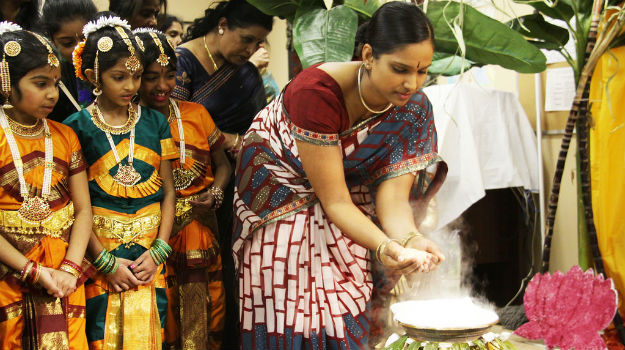
Pongal is the Tamil harvest festival that commemorates the first day of the 10th month in the Tamil calendar, Thai. The harvest festival is also celebrated in other parts of India as Makara Sankranthi, Uttarayana, Lohri and Magh Bihu during the same time. Between overflowing pots of milk and burning of old goods, here is everything you need to know about Pongal, the Tamil harvest festival.
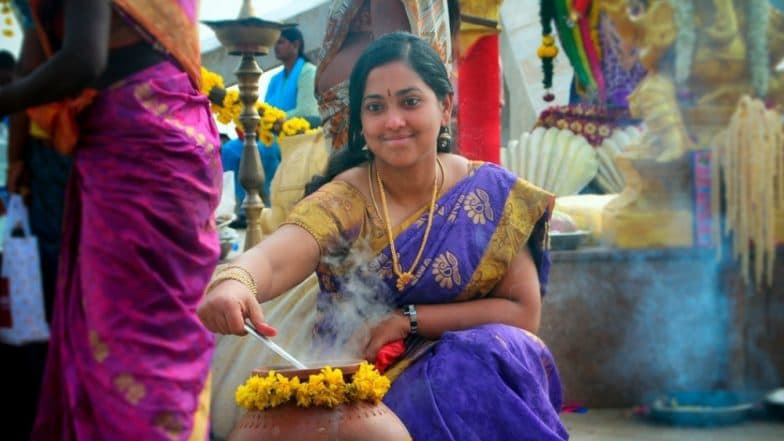
What is Pongal?
Over 5000 years ago, during the Sangam era, a festival named Indra Vizha (Indra’s Festival), was celebrated to give thanks to Lord Indra, the Sun God in Tamil Nadu. Over time, Indra Vizha and the harvest festival of Tamil farmers combined to become Pongal. Over the course of 4 days, Pongal is celebrated by people of Tamil origin from across the globe to thank the Sun God for bountiful harvests.
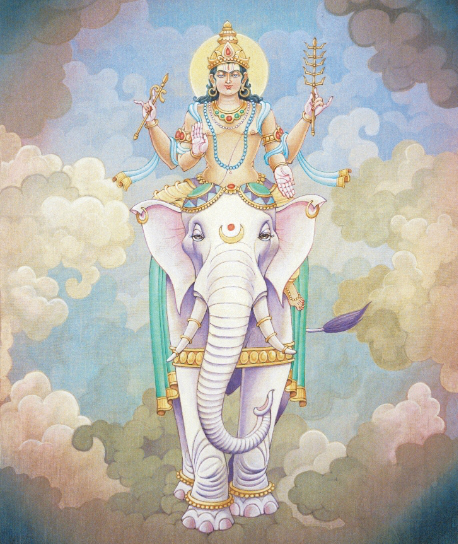
How is Pongal celebrated?
The word Pongal means ‘overflowing’, both figuratively and literally. To symbolise an overflow of prosperity and abundance, a claypot filled with milk, sugar, rice, raisins and nuts is cooked till it overflows and spills over the brim of the pot. This is followed by women doing the Kolavai, a form of yodelling, to mark the festivital.

Fresh mango leaves, blessed with sandalwood and vermillion, are stringed on yellow threads and hung above the front door of homes to ward off negativity.
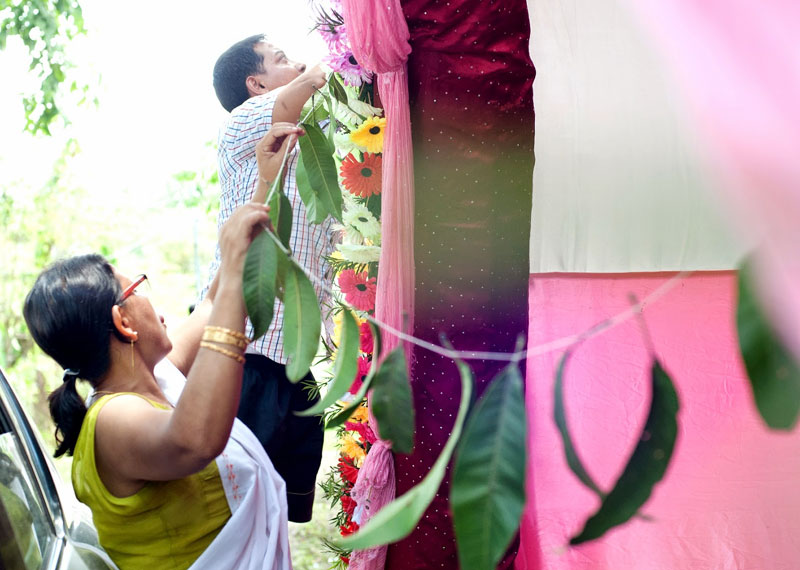
The front yard of homes are a colourful visual feast with traditional decorative drawing called Kolam. The art of achieving geometric precision topped with vibrant hues fills the streets with a competitive ‘My-Kolam-Is-Better-Than-Yours’ vibe. Rice flour is used to make the Kolam so that ants and other small insects can feast off these horizontal murals.

 Sugarcanes are arranged in a pyramid Tipi tent shape towering over the claypot with Pongal ingredients set on a fire. The significance of sugarcane in the Pongal festival is to mark that life is a mixture of both good and bad, agony and ecstasy, bitter and sweet and so on. The sugarcanes are carefully balanced over the pot to epitomise that life is an assortment of balances and the great balancing act is what makes an individual attain self-actualisation. (So deep!)
Sugarcanes are arranged in a pyramid Tipi tent shape towering over the claypot with Pongal ingredients set on a fire. The significance of sugarcane in the Pongal festival is to mark that life is a mixture of both good and bad, agony and ecstasy, bitter and sweet and so on. The sugarcanes are carefully balanced over the pot to epitomise that life is an assortment of balances and the great balancing act is what makes an individual attain self-actualisation. (So deep!)

The Breakdown of Pongal
Pongal is celebrated over 4 days with each day having it’s own significance; Bhogi, Thai Pongal, Maatu Pongal and Kaanum Pongal.
Day 1: The Bhogi festival
Bhogi is celebrated on the day preceding Pongal. On this day, the ritual of Bhogi Mantalu is observed in which old and worn-out items of the household are tossed into a bonfire traditionally made of cow dung cakes and wood. Homes are cleaned, painted and decorated.

Traditionally, farmers place herbs such as Neem, Avram and Sankranti in the northeast corners of their fields to prevent crops from diseases and pests.
Day 2: Thai Pongal
The Thai Pongal is the main event of the 4 day festivities. A claypot containing milk, sugar, rice, raisins, fruit and nuts is cooked till it boils and overflows with women yodelling in celebration.
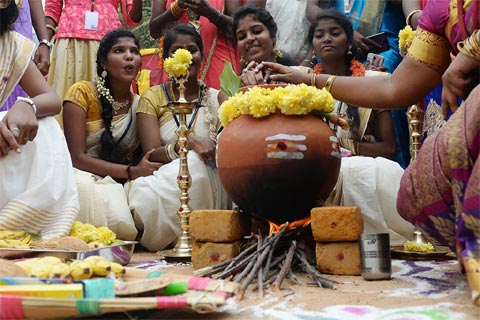
Day 3: Maatu Pongal
Cows are considered sacred in the Hindu religion and Maatu Pongal is a day to celebrate these 4 legged gentle beings. Tamils regard cattle as sources of wealth for providing dairy products, fertilizer, and labor for plowing and transportation.

On this day, cows are bathed with turmeric water and shikakai and decorated with garlands and vermillion.
Maamis now take their Kolam drawing skills to the horns of their cattle, painting them in colours and designs. Cows are treated to vegetables, banana and sweet Pongal. Another sacred ritual is to light a torch of coconut leaves and carry it around cattle three times to ward off any evil eye.

Day 4: Kaanum Pongal
Kaanum (or Kanu) Pongal marks the last day of Pongal. The word Kaanum means ‘to visit’. So, on this day, families and friends visit each other and exchange gifts. Leftover sweet Pongal and other food is set out in the courtyard on a washed turmeric leaf, along with betel leaves, betel nuts and sugar cane. Anyone is welcome to help themselves.

Pongal & The Modern Day Tamilan
With fast food chains and 24 hour food joints springing up at lightning speed across the country, food has become so readily accessible. With a quick scroll through an app and a few clicks, fresh, hot meals are delivered at your doorstep. Meals are often munched on and gobbled down in front of the television or at a work desk, with complete disregard or value for the food, more so, where it comes from.
It typically takes 136 days to grow rice from grain to harvest. Over 2500L of water is required for just 1 hectare of rice plantation. Farmers have to put in an average of 40-80 hours of manual labour per hectare during this entire process. The celebration of Pongal allows us one day (or four) for giving thanks to the soil, sun and strenuous efforts of farmers to provide our society with food.

Pongal has become the identity of people of Tamil origin across the globe. Besides being an amalgamation of spirituality and science with great pageantry, Pongal is a way to keep simple traditions of the Tamil culture alive and thriving.

Whether you are celebrating Pongal surrounded by the warmth of family and friends with scenic green paddy fields in sight or you do a silent yodel in your heart as the Pongal spills over that aluminium pot you carefully balanced over your electric stove (blame ridiculous condominium rules), we at Varnam wish you a very Happy Pongal!
May your year overflow with happiness, abundance, love and sweet memories!
Source: NDTV, India Today , The Quint, BoldSky
Follow us on Instagram, Facebook or Telegram for more updates and breaking news.


